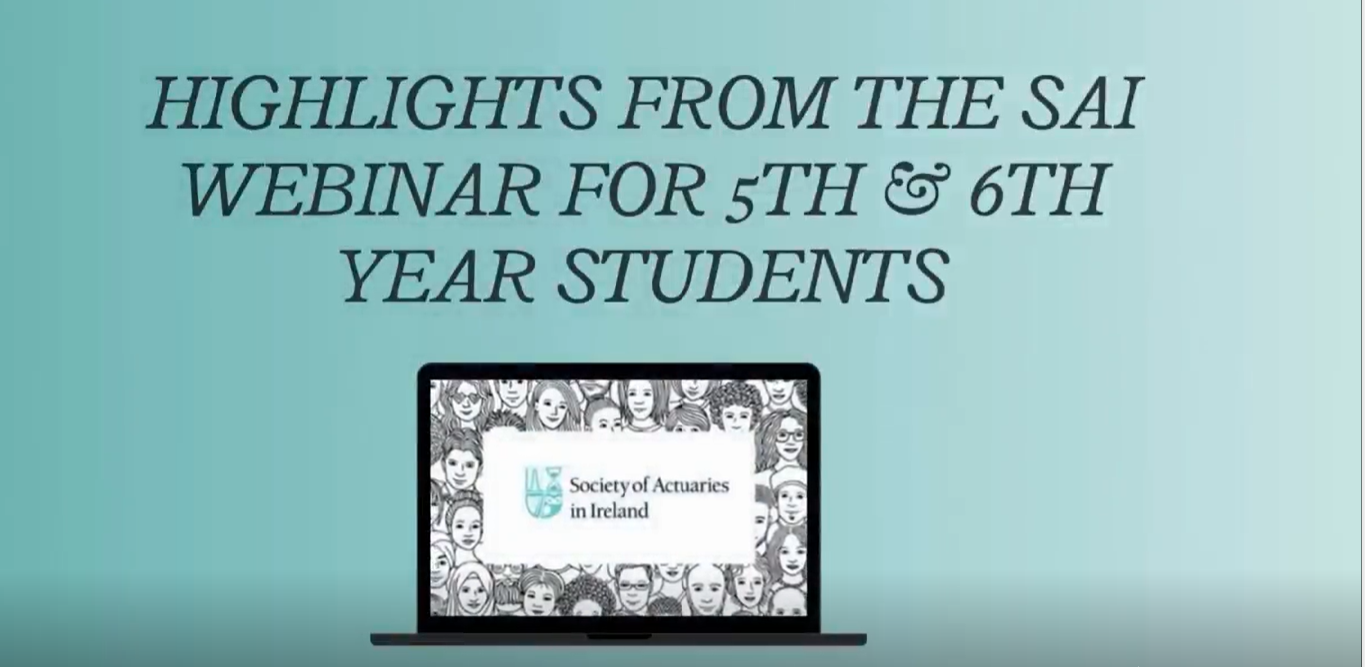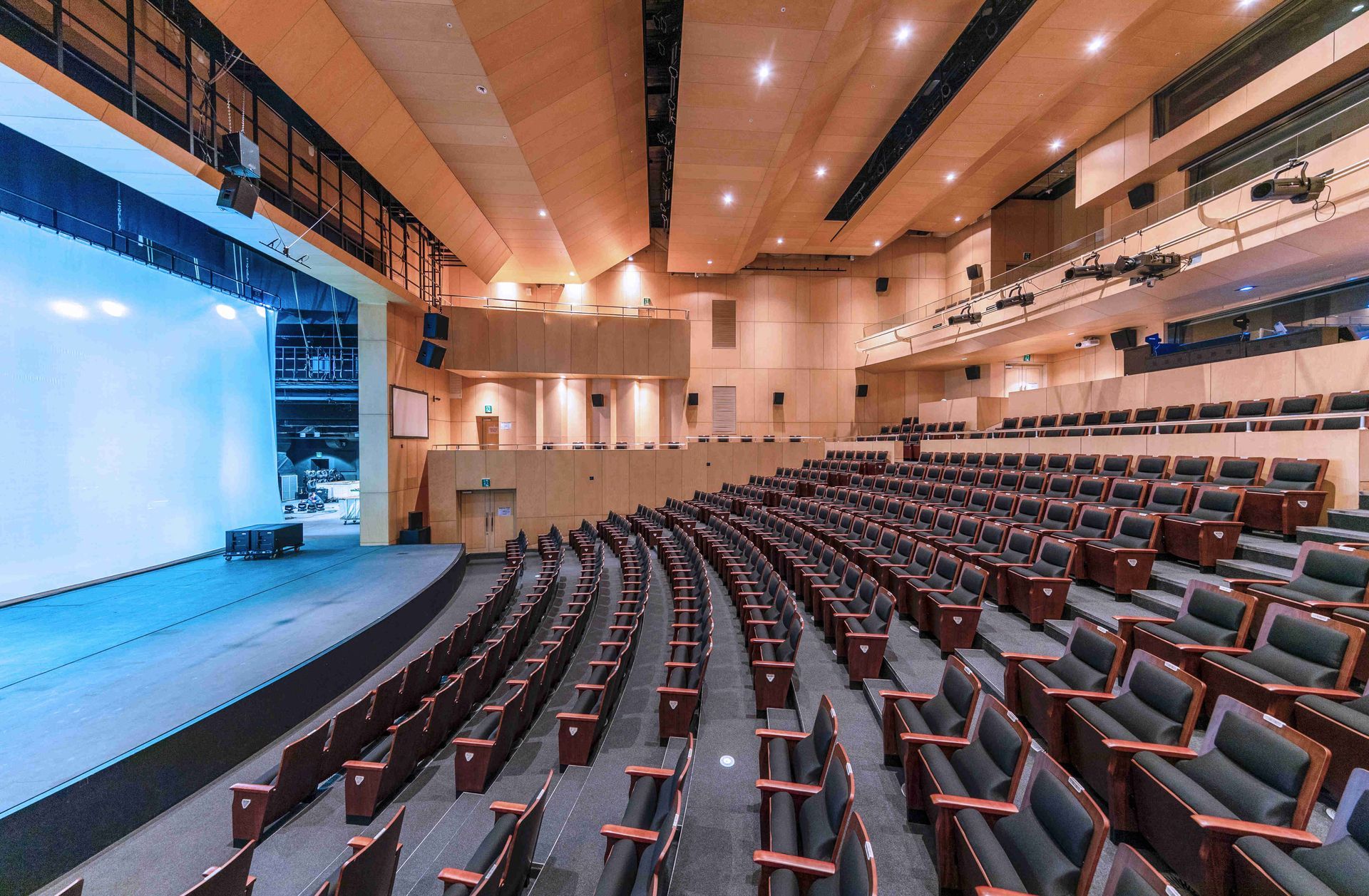W-Power Panel Discussion: Female Role Models and Peer Networks
W-Power Panel Discussion: Female Role Models and Peer Networks
What makes a good role model? There is no picture-perfect role model, but there are several common criteria that make them stand out from the crowd.
At an event in WestBIC's W-Power Irish Thematic week, we dived into the topics of role models and peer networks in growing and supporting female entrepreneurs.
Role Models
Our panelists identified many key attributes that they believe a good role model possesses. While a stereotypical role model is identified as the most successful person in the room, as you mature, your perspective shifts with the understanding that a role model has less to do with success and more to do with how they overcome challenges and hardships.
The panelists agreed that an ideal role model is:
- Someone who is inspiring
- Someone who they can learn from
- Someone who sets the standard for you and your values
- Someone who has accomplished the goals you wish to accomplish
I then applied these criteria to the context of entrepreneurship, with a particular focus on female entrepreneurship. Companies with at least one female founder outperformed all-male founding teams by 63% over the past 10 years. These statistics indicate not only how important role models are, but how impactful female role models are.
You can't be what you can't see. By taking away the doubt of "if" you can do it, you have more time to focus on "how" you will do it.
Here are some insights our panelists provided:
"If you give role models visibility, leaps of progress can happen quickly.” — Maria Staunton
"Role models show you that's inspiring and who I can learn form.” — Katarina Spik Skum
"A role model is somebody that's inspiring and who I can learn from.” —
Satu Koskinen
"Leadership should be strong and gentle.” — Caitriona Watters-Crehan
"Seek out a role model that sets a standard for you and your values.” — Sara Connolly
They also pointed out the importance of whole-person balance in a role model, and the concept of authenticity to not only portray oneself a professional but also one’s full identity so people resonate with the entirety of the role model instead of a mere façade.
A particular issue with role models, however, is the fine line between an inspirational role model, and a role model that brings out feelings of inadequacy in people. The panel addressed this notion with the caveat that nobody is perfect—we should focus on the things our role models inspire in us. They also brought up the interesting point that role models do not purposefully become role models; they sought to improve, told their story afterwards, and we chose them to become our role model. They ended the discussion by providing the advice that we should always have the freedom to choose who our role models are according to who we feel is the best fit as an inspiration.
Peer Networking and Support
We also invited another panel of network leaders to discuss peer networks. There are a plethora of benefits to peer networking such as connectivity, support, and cultivating a sense of community.
Here are some of the key insights our network leaders had surrounding peer networking and support, in why they lead their respective networks, and what a network should entail:
"86% of people in my survey said that peer support was very important, that they preferred working in groups, and that they felt that peer support significantly reduces a sense of loneliness." — Helen Fullen
"A network should offer connectivity, support, and a way to a business between members.” — Caroline Kirrane
Be a peer-to-peer builder and cultivate a spirit of camaraderie.” — Mary McKenna
"Survey your members to find out what they need.” — Oonagh Monahan
Peer-to-peer support can be facilitated in a variety of different ways based on resources and working environments. We spoke about the range of different business models that could underpin networks, including communities, sponsorships, and state funding. Technology tools could also come to the aid for network and support, such as Slack, Zoom, Squarespace, MailChimp, and mainstream social media. Peer networking opportunities can also be provided, including monthly events, roundtables, international conferences, mentoring, and coaching to build the right mindset and values along with your peers.
Peer networking is a continuous effort. Adaptivity is necessary, for the needs of your peers will constantly change. It is amazing to see what we can achieve by becoming proactive in peer networking. Optimize your professional experience by joining a peer network and seeking out a role model. If you already have role models, become one for someone else.
It was a wonderful panel discussion, and thank you to Helena Deane, Alison McGonagle and Teresa O'Hara for giving us the opportunity.
Watch the video below for a full summary of of the event.
Visit the W-Power Website for more information about the event.
Click to listen to the W-Power podcast.
Join the W-power network on LinkedIn.
Follow W-Power on Facebook.






